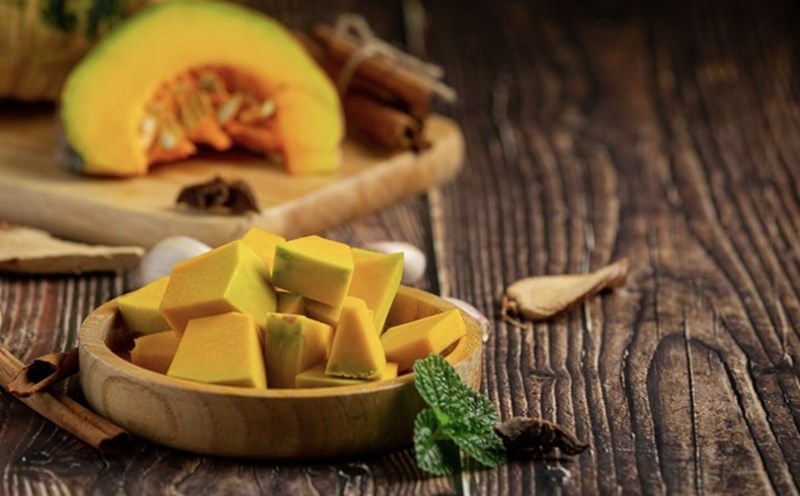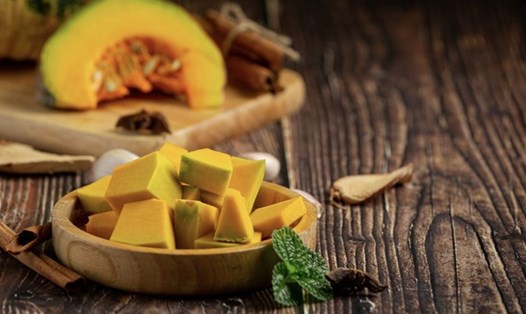According to Brittany Lubeck (a nutritionist in the US, with a Master's degree in Science and a certificate in legal nutritional consultation, Registered Dietitian Nutritionist), pumpkin contains beta‐carotene, alpha‐carotene and vitamin A, which are high in eye protection, immunosupport and reduce the risk of cardiovascular diseases: "The dark orange color of pumpkin shows that it is rich in beta‐carotene, a precursor to vitamin A. This is a powerful antioxidant, good for the eyes, skin and overall health".
In contrast, zucchini is gentle, rich in water, vitamin C and fiber, suitable for people who are losing weight or want to control blood sugar. Fiber helps slow down the absorption of sugar, supports bowel movements and stabilizes blood glucose levels.
Comparing outstanding benefits
Pumpkin: Protects the eyes, is strong in antioxidants, supports cardiovascular disease and liver function. Pumpkin seed oil helps reduce bad cholesterol.
Zucchini: Low in calories, rich in vitamin C and potassium, enhances immunity, aids digestion and controls blood sugar.
Brittany Lubeck notes: We should not just look at which one is more delicious. Pumpkin is ideal for eyes and skin, while zucchini is a snack that helps control weight and blood sugar."
Suggestions for processing
Pumpkin: Cook soup, stew or grill to retain beta‐carotene.
Zucchini: Stir-fry quickly or boil to preserve vitamin C and fiber.
Limit frying with a lot of oil or cooking with a lot of sugar to maintain nutritional value.
Pumpkin and zucchini are both smart nutritional choices, each serving different health needs. When knowing how to combine properly, both will help the meals be rich and support long-term health.











